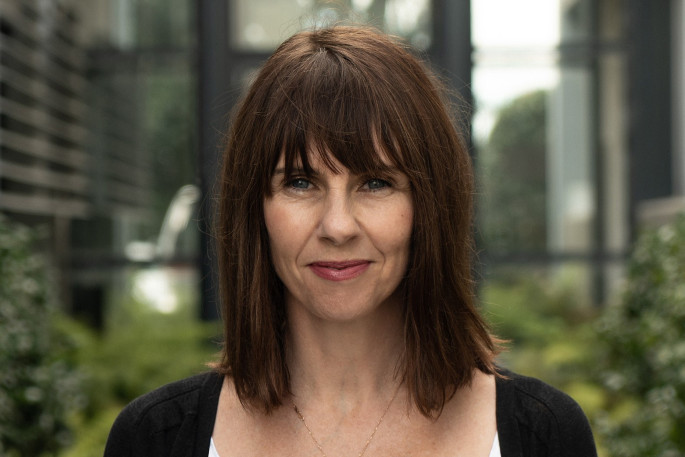This Content Is Only For Subscribers
Today, Air New Zealand has launched a global open invitation to innovators and startups to supply the airline with sustainable aviation fuel, which currently makes up less than 1 per cent of the global jet fuel supply.
It is the first time any airline has made a global call to potential suppliers in the burgeoning SAF industry to work together on supply opportunities.
Through the launch of an Opportunity Statement, the airline shares its vision for SAF and allows current and future producers to recognise both the opportunity and Air New Zealand’s ambition to become a customer as soon as possible.
Chief sustainability officer Kiri Hannifin says moving to SAF is the primary way airlines will be able to transition away from fossil jet fuel, which they all must do to meet their net zero emission commitments.
“Just under 200 airlines have signed up to SAF targets which means global competition for the new commodity will be fierce. The issue is that SAF is in very short supply globally, and in New Zealand – more than most other countries – we rely heavily on aviation both domestically and to connect with the rest of the world. Air New Zealand is very aware that accessing SAF is essential and as such we are going to take all steps possible to do so, including this rather novel one to make a global call-out for supply.”
Air New Zealand has a science-based target to reduce carbon intensity by 28.9 per cent by 2030 and will need around 80 million gallons of SAF a year to achieve this. The airline has had its first deliveries of SAF and is continuing to scout for more partners.
“Currently, around 80 per cent of Air New Zealand’s Scope 1 carbon emissions are produced by long haul travel. We must find a more sustainable way to connect New Zealand to the world,” says Kiri.
“While we are exploring and investing in new low-carbon technologies for regional flying, such as battery-electric and hydrogen-battery aircraft, for long-haul air travel, only SAF has the potential to dramatically reduce carbon emissions.”
The technology needed to make SAF is still scaling and there is not enough global production to meet demand. While SAF is not produced in New Zealand, Air New Zealand and the Government have invested in two feasibility studies looking at how and when domestic SAF production would be possible. However, even if SAF can be produced in New Zealand, Air New Zealand will also need overseas suppliers to fuel its international network.
“More innovators and start-ups are investigating SAF production which is very encouraging to see.
“Air New Zealand needs to lock in a stable, long-term supply well into the future to continue connecting New Zealand to the world, and we know we can’t leave any stone unturned in our search for SAF.”
SAF is viewed by the industry as a game-changer. It is made with waste or renewable energy sources and has the potential to reduce carbon emissions by 70 per cent or more compared to traditional jet fuel.
The chemical and physical characteristics of SAF are almost identical to traditional jet fuel, so it doesn’t require different infrastructure, engine technology, or significant operational modifications. Supporting policy in New Zealand is also critical for Air New Zealand decarbonising its operations. The airline is seeking government support for this.
“Sourcing SAF is a real challenge, but one we’re tackling head-on. Partnering with future suppliers is another important stop on our Flight NZ0 journey,” says Kiri.



